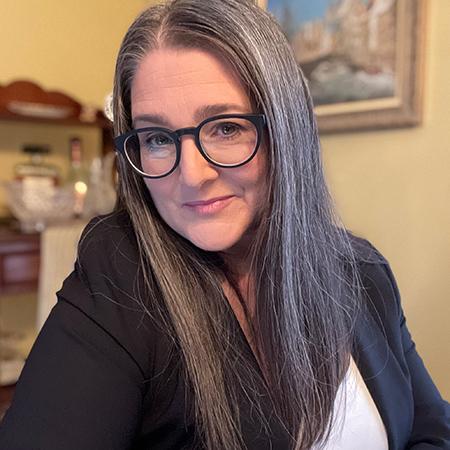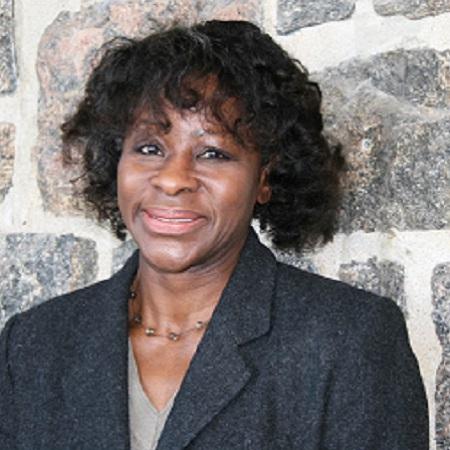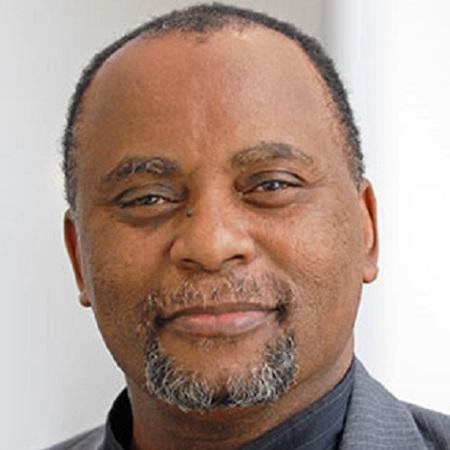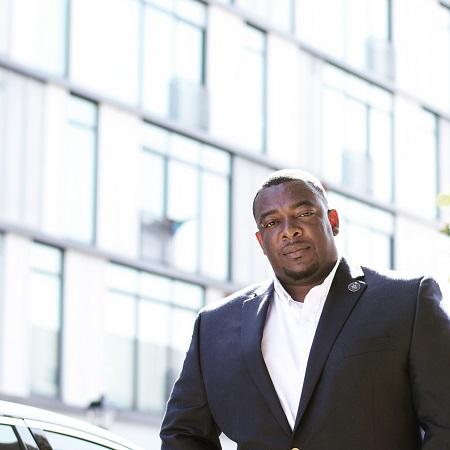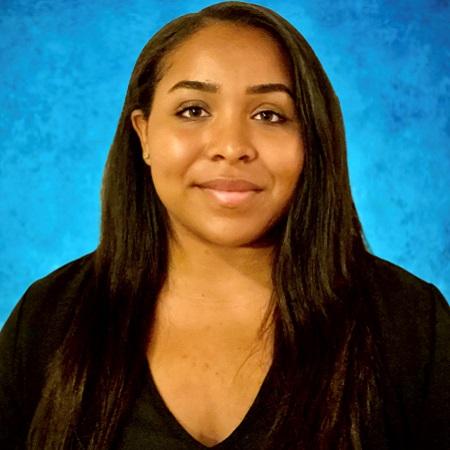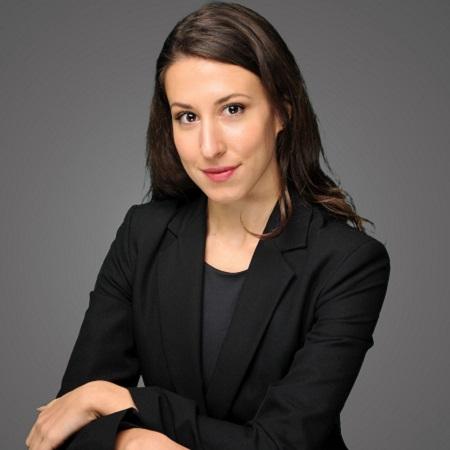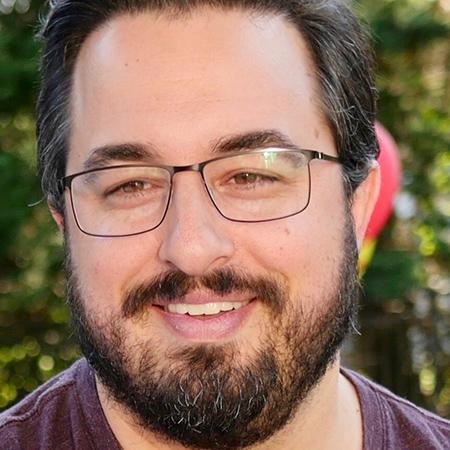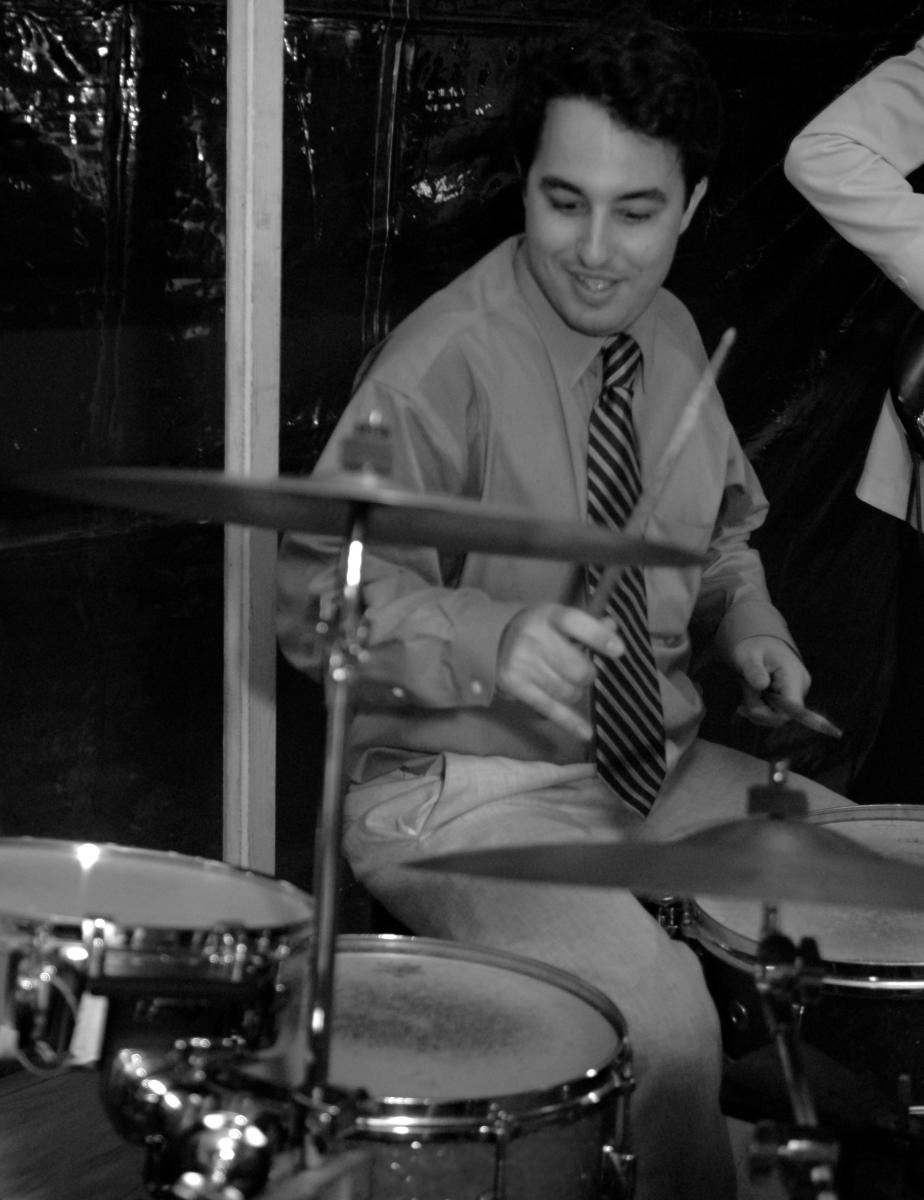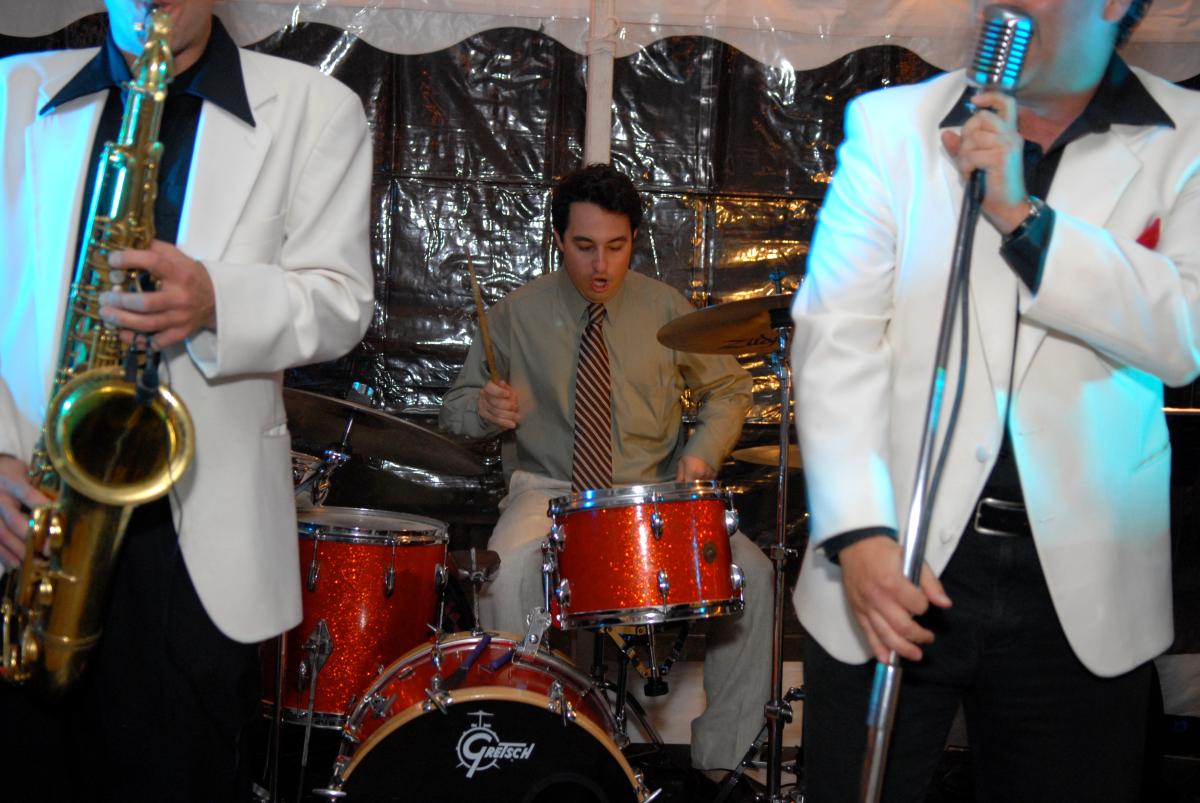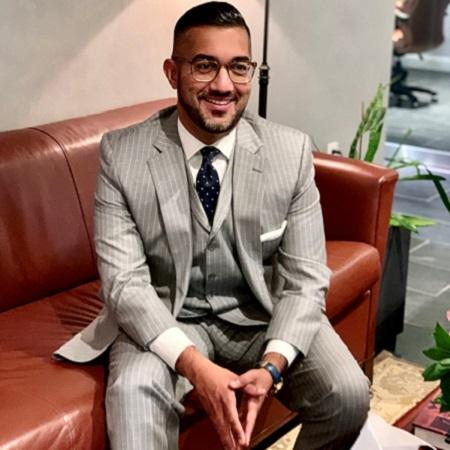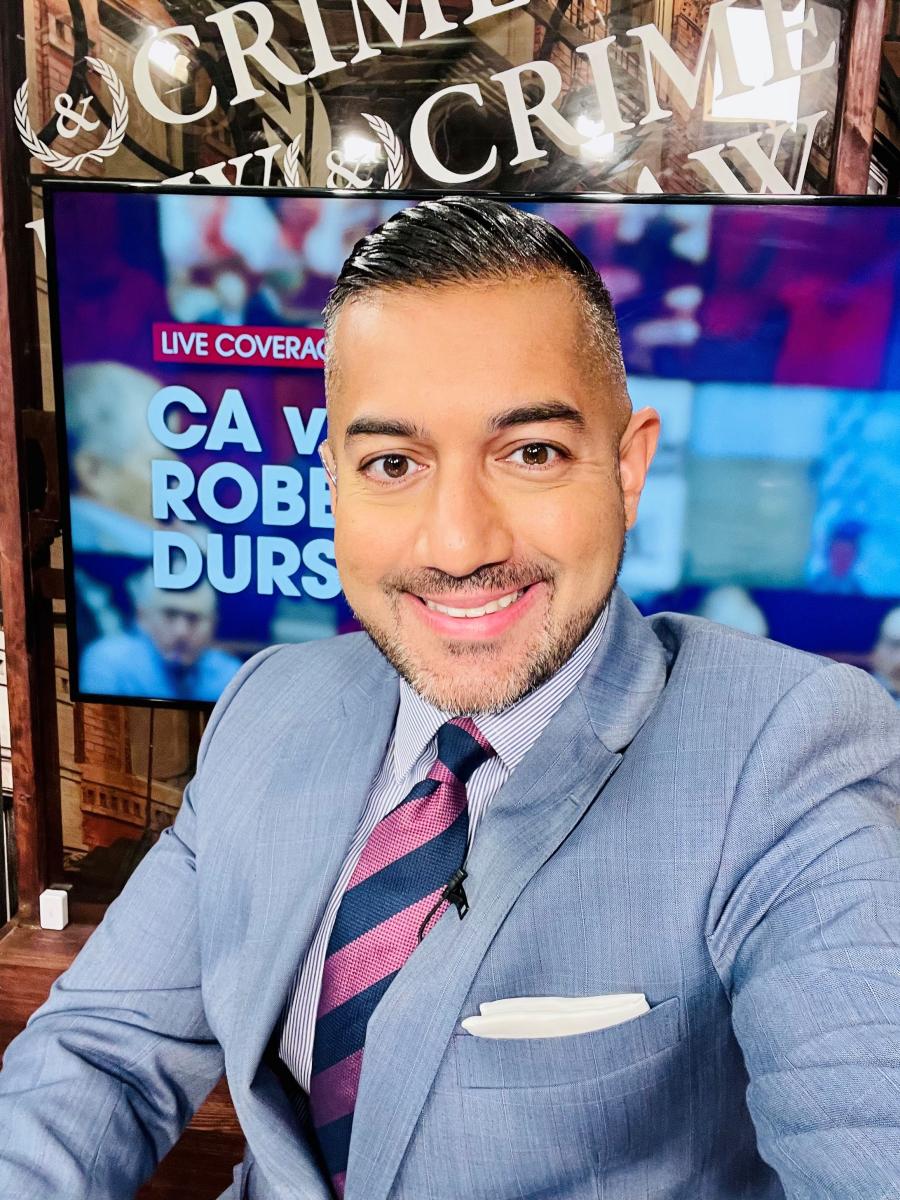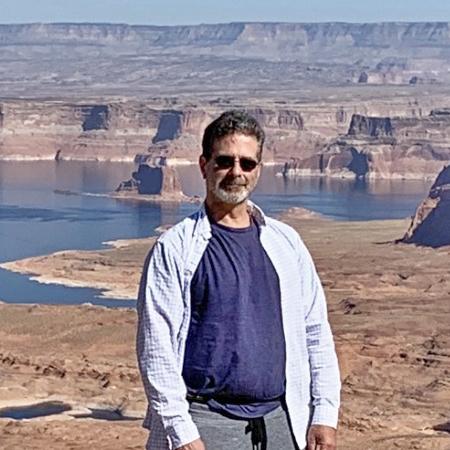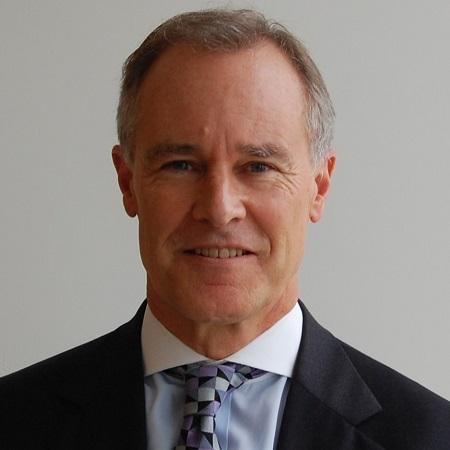
Haub Alumni of the Month: Fred Mauhs (LLM '21)
Never Too Late to Make a Change: From Wall Street to the Adirondacks
Fred Mauhs spent 32 years in the banking industry before deciding to shift his focus to environmental law and completing his LLM at the Elisabeth Haub School of Law at Pace University. Fred’s concern about climate change coupled with his love for the outdoors ultimately helped him come to the realization that he desired to use his legal skills to help avert the climate crisis. A day after quitting his banking law position, Fred applied to Haub Law’s LLM program. Learn more about Fred’s career before becoming an environmental lawyer and since becoming one, how many mountain peaks he has climbed, and what he feels is the most pressing concern of environmental law for the next few years, and also for the foreseeable future in this Q&A.
What was your background prior to enrolling at Haub Law School?
Well, I spent 32 years in the banking industry. I served as General Counsel for the US branches of two foreign banks and their affiliated broker-dealers—24 years with a German bank and then 8 years with the Spanish Bank BBVA.
Interesting. Why did you get into banking law?
After graduating law school, I got a job out in Oregon. I was a young associate at a large law firm and it was grueling work. I had to work most weekends. I spent what free weekends I had mountain climbing, particularly Mount Hood, near Portland. I discovered that virtually every time I climbed Mt. Hood I would run into a lawyer who seemed to never have to work on weekends. I learned he was inhouse counsel for a bank in Portland. I later left Oregon to study law in Germany on a scholarship program, the last segment of which was an internship. While all the other scholarship recipients applied to law firms for their internship, I decided instead to apply to the legal department of an international bank headquartered in Düsseldorf—mainly because of that in-house bank lawyer in Portland who spent all of his weekends mountain climbing.
After finishing the internship it happened that the bank was looking to hire its first lawyer for its New York branch. They chose me for the position, which worked out swimmingly well for me, in that it was fun and challenging work--and I was able to spend most weekends rock climbing in the Shawangunks near New Paltz.
So how did you end up doing an LLM?
In 2019, I decided to quit banking law partly because, after 32 years, it wasn’t intellectually challenging anymore, but mainly out of my concern about climate change. I realized that I should be using my law license and my legal skills to help avert the looming crisis. So I gave notice, and on the return home that evening on the commuter train along the Hudson River, I was thinking okay, now what am I going to do? How do I fight climate change when I'm not even an environmental lawyer. And I suppose looking out at the river helped me recollect that Pace has had a famous role advising the organization Riverkeeper. And so I figured they must have good environmental law classes there. I googled the law school and discovered that they offered an LLM in environmental law, with a specialty and energy and climate law. I thought, wow, this is precisely what I need to do right now to kick start an environmental law career, so the next day I applied.
And what was your experience like once you got to Haub Law? Any particularly memorable moments there?
Well, I arrived at Haub with high hopes and high expectations, and I have to say that all of my expectations were exceeded many times over. I also ended up having far more fun than I thought you were supposed to have at law school.
The most memorable moment for me was actually before classes started, at the LLM orientation. I went there with more than a little trepidation at the thought of probably studying with people that were half my age. But when I arrived I discovered that nearly all my future classmates were accomplished lawyers and committed environmentalists from every continent of the world. And just hanging out with these classmates was like a course in environmental law unto itself. It was a great group, and we developed some very deep and lasting friendships.
Talk to me about some of the professors you had while you were here?
Haub Law attracts very high caliber professors, and I had the good fortune of taking classes from a bunch of them.
Professor Kuh, for example, brought to her Environmental Survey and Climate Law classes not just a wealth of knowledge but also her experience from private practice at a large law firm. Similarly, Prof. Brown brought his terrific transactional law experience to bear in the Food and Beverage Law Clinic. Professor Robinson, who taught me Environmental Impact Assessments, and Professor Nolon who taught me Land Use law—there are simply no other professors with their breadth and depth of knowledge in their respective fields. Professor Narula is perhaps the most inspiring professor I’ve ever had. Professor Valova and the team at the Pace Energy and Climate Center under Craig Hart’s leadership gave me a terrific grounding in one area I now practice in, which is energy law. And Haub Law’s externship at UN missions, then under the leadership of Prof. Tafur, is an experience that is simply unmatched elsewhere.
Do you have any advice for lawyers who may want to switch their area of practice?
Yes! For other Wall Street lawyers out there and experienced lawyers in any practice, who are interested in or concerned about the environment – my message to them would be: quitting a comfortable business law position on Wall Street to become an environmental lawyer should not be viewed as a strange or quirky thing to do--although I admit I myself initially had doubts about making the jump. But, in retrospect, it was the most natural and important decision I could have made in my entire legal career. For any lawyer who is concerned about the looming environmental catastrophe, which is climate change, switching your practice to environmental law should be the easiest career decision you could make. And I'm not the only Wall Street lawyer out there to have made that change. But there should be more. And you can do what I did, which is wait until you're 60 to make the move, but you can also do it in your 40s and your 50s, which is in retrospect what I should have done myself.
Did anything else about your experience at Haub help shape, or influence what you're doing now?
With the exception of my work on conservation easements for land trusts and land owners, which began before I enrolled at Haub, everything I do now has been shaped by Haub and by its professors. I use what I learned there in both my practice and my advocacy. More broadly, though, Haub has sharpened my understanding of our environmental threats and the ability—and oftentimes the failure—of our current laws and international institutions to address them.
So what are some of your passions besides environmental law? You mentioned mountain climbing.
I got into mountain climbing in a big way both during and after my JD program at GWU, and climbing was the primary reason I moved to Oregon after graduation. Now I'm an “Aspiring Adirondack 46er”—thus far I’ve climbed 28 of the 46 peaks there since I turned 60.
But I have enjoyed just about any activity that's outdoors:--bicycling, hiking, backpacking, climbing—whether rock, ice or snow--and water sports like swimming, canoeing, and kayaking. During migration season I’m nuts about birdwatching, and in winter I love cross-country and backcountry telemark skiing. I love it all, like so many others students and professors at Pace.
What do you feel is the most pressing concern of environmental law for the next few years, and also for the foreseeable future?
Well, I think that is an easy one. Climate change is the most pressing environmental problem. It defines our Anthropocene Era in which we now live and in which we could perish relatively soon in geologic time. And the most pressing environmental law issue is the astounding total absence of effective climate change law in the United States in light of that existential problem.

